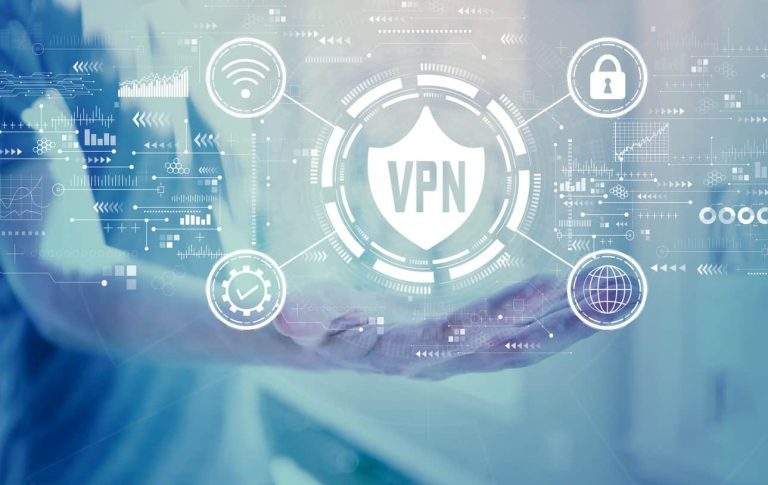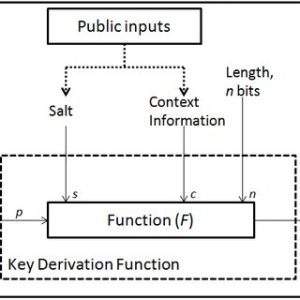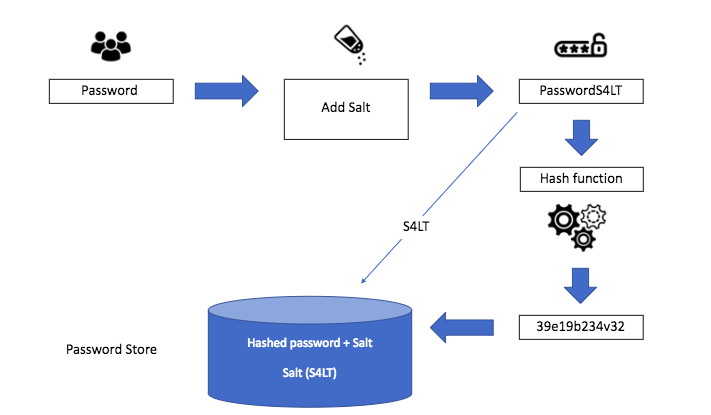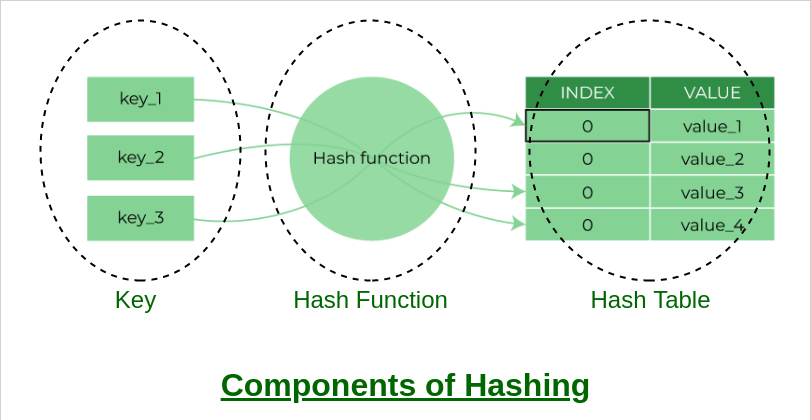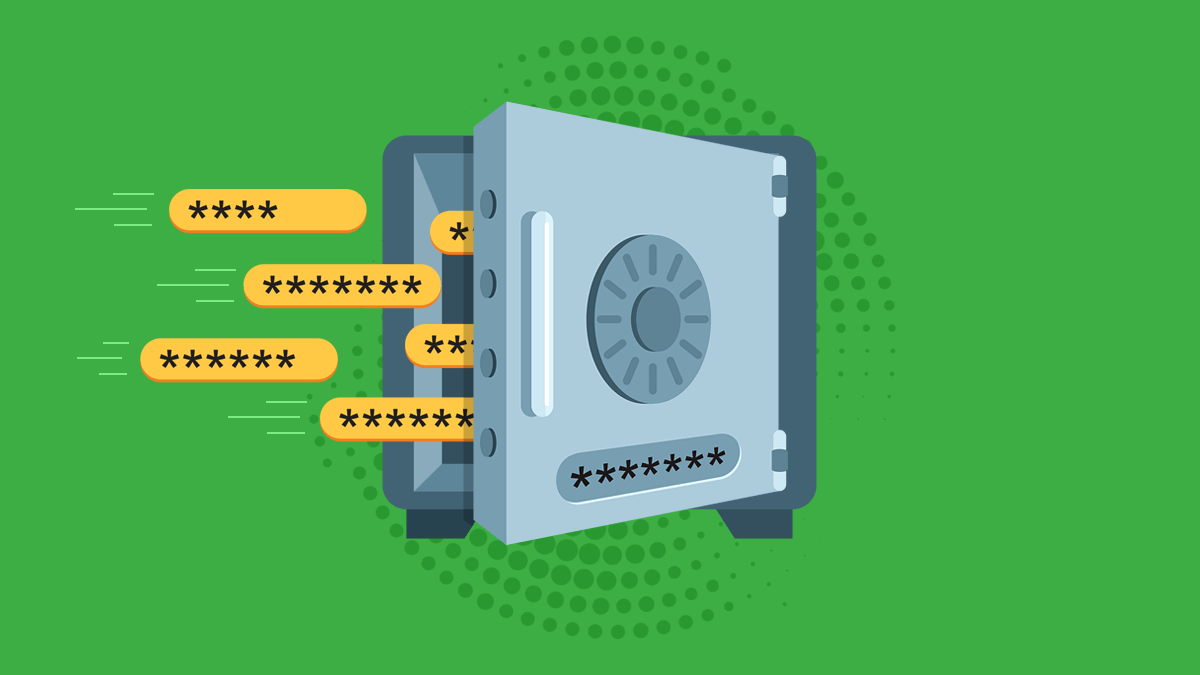A virtual private network (VPN) is a technology that allows users to connect to a private network and access its services and resources remotely. This is done by creating a secure, encrypted tunnel through the internet that connects the user’s device to the private network. The encryption ensures that any data sent or received over the VPN connection is protected from prying eyes, making it a popular solution for protecting sensitive information and maintaining privacy online.
One of the main benefits of using a VPN is that it allows users to bypass internet censorship and access blocked websites and services. This is particularly useful for people living in countries with strict internet censorship laws, as well as for users who need to access work-related resources from remote locations.
Another benefit of using a VPN is that it provides an additional layer of security for online activities. This is especially important for people who use public Wi-Fi networks, as these networks are often unsecured and vulnerable to hacking and other cyber attacks. By using a VPN, users can encrypt their internet connection and protect their personal information from potential hackers.
VPNs can also be used to hide a user’s IP address, making it more difficult for websites and online services to track their online activities. This can be useful for people who want to maintain anonymity online, as well as for users who want to access geo-restricted content.
VPNs can be used on a variety of devices, including laptops, smartphones, and tablets. They can also be used to protect the entire home network, making it more difficult for hackers to access personal information stored on connected devices.
There are many different types of VPNs available, including free and paid options. Free VPNs are often limited in terms of the services they offer and may not provide the same level of security as paid VPNs. Paid VPNs, on the other hand, tend to offer more features and better security, but they can be more expensive.
When choosing a VPN, it is important to consider factors such as the level of security offered, the number of servers available, and the cost of the service. It is also important to consider the level of customer support offered by the VPN provider, as well as any additional features that may be important for your specific needs.
Overall, a VPN is a valuable tool for protecting privacy and security online. Whether you are looking to bypass internet censorship, access blocked websites, or simply maintain anonymity, a VPN can help you achieve your goals. With many different VPN providers and options available, it is important to do your research and choose a VPN that best meets your needs.
Disadvantage Of VPN (virtual private network)
While virtual private networks (VPNs) offer many benefits, there are also some potential disadvantages to consider.
One of the main disadvantages of using a VPN is that it can slow down your internet connection. This is because all data sent and received over the VPN connection must first be encrypted and then decrypted, which takes additional time. This can be especially noticeable when streaming videos or downloading large files. However, it’s worth noting that this can vary greatly depending on the VPN service you use and your internet connection. Some VPNs have specialized servers for streaming and gaming, which can help to mitigate this issue.
Another disadvantage of using a VPN is that it can be difficult to set up and configure, especially for less tech-savvy users. Some VPNs require manual configuration, which can be confusing and time-consuming. Additionally, not all VPNs are compatible with all devices and operating systems, so it’s important to check compatibility before choosing a VPN provider.
Another disadvantage of using a VPN is that it may not be legal in certain countries. Some countries have laws and regulations that prohibit the use of VPNs or restrict access to certain websites. This can be especially problematic for travelers or people living in countries with strict internet censorship laws.
Lastly, VPNs can be relatively expensive. While there are some free VPNs available, they often come with limitations and may not provide the same level of security as paid VPNs. Paid VPNs can range in price from a few dollars per month to several hundred dollars per year, depending on the features and level of service offered.
In summary, while VPNs offer many benefits, it’s important to weigh the potential disadvantages as well. These include slower internet speeds, difficulty of setup, legal restrictions and added costs. It is important to choose a VPN provider carefully and consider the specific needs of your use case.

